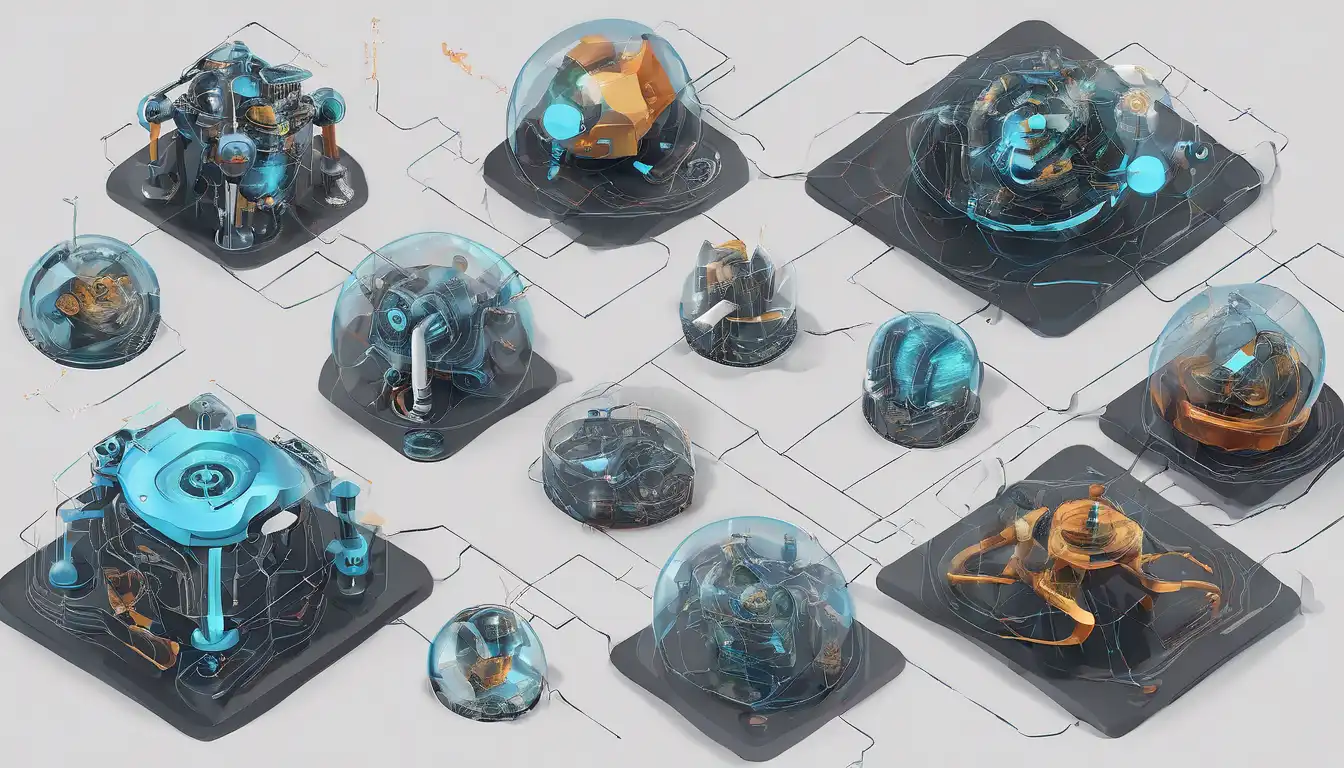Introduction to Machine Learning for Beginners
Embarking on your machine learning journey can be both exciting and daunting. With the right projects, beginners can grasp the fundamentals of AI and data science while building a solid foundation. Here are five easy machine learning projects designed for beginners to get hands-on experience.
1. Predicting Housing Prices
One of the most straightforward projects for beginners is predicting housing prices using linear regression. This project introduces you to the basics of machine learning models and how they can be applied to real-world problems. You'll learn about data preprocessing, model training, and evaluation techniques.
2. Iris Flower Classification
The Iris flower dataset is a classic in the machine learning community. This project involves classifying iris flowers into three species based on their petal and sepal measurements. It's a great way to get familiar with classification algorithms and the scikit-learn library.
3. Sentiment Analysis on Movie Reviews
Sentiment analysis is a fascinating application of machine learning. By working on this project, you'll learn how to process text data and use natural language processing (NLP) techniques to classify movie reviews as positive or negative.
4. Handwritten Digit Recognition
Using the MNIST dataset, this project focuses on recognizing handwritten digits. It's an excellent introduction to neural networks and deep learning, providing a hands-on experience with image classification.
5. Spam Email Detection
Spam detection is a practical application of machine learning. This project will teach you how to distinguish between spam and non-spam emails using various machine learning algorithms, enhancing your understanding of text classification.
Why Start with These Projects?
These projects are carefully selected to cover a broad range of machine learning concepts, from regression and classification to NLP and deep learning. They provide a practical approach to learning, allowing beginners to apply theoretical knowledge to tangible problems. Moreover, completing these projects will give you a portfolio to showcase your skills to potential employers or academic programs.
Conclusion
Starting with simple projects is the best way to dive into machine learning. Each project builds on the previous one, gradually increasing in complexity. By the end, you'll have a better understanding of machine learning concepts and how they're applied in the real world. Remember, the key to mastering machine learning is consistent practice and curiosity.
For more resources on machine learning and data science, check out our data science resources page.
